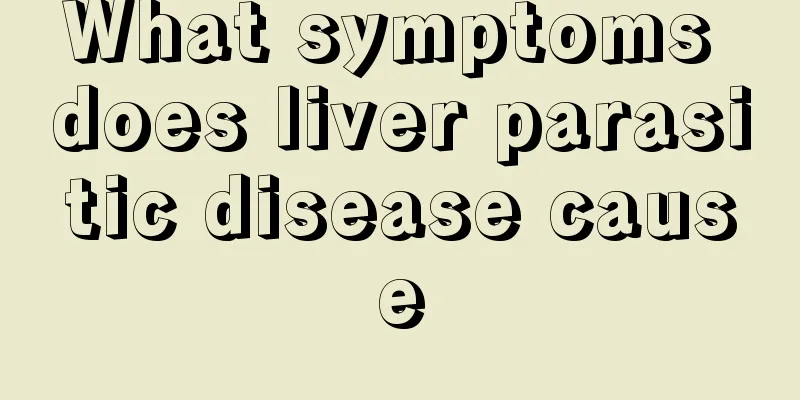What are the essential nutrients for the human body?

|
Human life requires a lot of nutrients to maintain, but many people know little about their own secrets. They only know to eat three meals a day, and some even have serious picky eating and anorexia, which leads to various diseases. So what are the indispensable nutrients for the human body? Let me give you a detailed introduction below! Protein is the basis of all life. It is constantly synthesized and decomposed in the body and is an important component for the composition, renewal, and repair of tissues and cells. It participates in the regulation of material metabolism and physiological functions, ensuring the growth, development, reproduction, inheritance, and energy supply of the body. Vitamins are substances necessary for maintaining human health. The required amount varies, but since the body cannot synthesize them or the amount synthesized is insufficient, they must be taken from food. Carbohydrates are the main energy source for the human body, and more than 70% of the energy needed by the human body is provided by carbohydrates. The continuation of health is nutrition, and the continuation of nutrition is life. Regardless of gender, age or status, everyone eats to survive, and in order to sustain life, they must consume food that is beneficial to their health. Modern medical research shows that the human body needs no less than a hundred nutrients, some of which can be synthesized and manufactured by the body, but there are about 40 nutrients that cannot be synthesized and manufactured by the body and must be taken from the outside. After careful classification, they can be summarized into seven major nutrients: (1) Protein Protein is the basis of all life. It is constantly synthesized and decomposed in the body and is an important component for the composition, renewal, and repair of tissues and cells. It participates in the regulation of material metabolism and physiological functions, ensuring the growth, development, reproduction, inheritance, and energy supply of the body. Meat, eggs, milk, fish and beans are the main nutrients that provide protein. (2) Fat Fat is one of the sources of energy. It assists in the absorption of fat-soluble vitamins (A, D, E, K and carotene), protects and fixes internal organs, prevents heat loss and maintains body temperature. Oils and fats are the main nutrients that provide fat. (3) Vitamins Vitamins are substances necessary for maintaining human health. The required amount varies, but since the body cannot synthesize them or the amount synthesized is insufficient, they must be taken from food. Vitamins are divided into two categories: water-soluble (B vitamins, vitamin C) and fat-soluble (vitamin A, D, E, K, etc.). They are essential for normal growth and development and regulation of physiological functions of the human body. Vegetables and fruits are the main nutrients that provide vitamins. (4) Carbohydrates Carbohydrates are the main energy source for the human body, and more than 70% of the energy needed by the human body is provided by carbohydrates. It is also an important component of tissues and cells. Cereals are the main nutrients that provide carbohydrates. (5) Minerals Minerals are important components of bones, teeth and other tissues. They can activate hormones and maintain major hormone systems, and play a very important role in regulating physiological functions. Vegetables and fruits are the main nutrients that provide minerals. (6) Water Water is the main component of body fluids in the human body and is necessary for maintaining life. It accounts for about 60% of body weight and has the functions of regulating body temperature, transporting substances, promoting chemical reactions in the body and lubrication. The source of water is mainly the water we drink every day to maintain the needs of the body. (7) Dietary fiber Dietary fiber refers to the components in plants that cannot be digested and absorbed. It is an indispensable factor for maintaining health. It can soften intestinal substances, stimulate stomach wall peristalsis, and assist defecation. And reduce the absorption of cholesterol and glucose in the blood. The above is an introduction to some indispensable nutrients for the human body. From this we can see that there are many essential nutrients for the human body, so in the daily diet, we must pay more attention to supplementing these nutrients, especially protein, fat, vitamins, carbohydrates, water, etc. If these nutrients are lacking, then the human body will cause some diseases. |
<<: Is breathing difficulty an asthma disease?
>>: What foods contain iron and protein?
Recommend
Can colorectal cancer be contagious to humans?
Is colorectal cancer contagious? In recent years,...
Are there any side effects of eating seafood two years after thyroid cancer surgery?
Patients who have undergone thyroid cancer surger...
What medicine can heal the wound quickly
Wounds have a certain degree of self-healing abil...
Why do nails turn black?
Many people find that their nails turn black in t...
What are the early symptoms of liver cancer?
In recent years, liver cancer has become a major ...
Does the treatment of cervical cancer start with examination? There are generally these 6 common dietary taboos for cervical cancer
The diagnosis method of cervical cancer is a topi...
Do you know the dangers of thyroid cancer?
One of the hazards of thyroid cancer is that it c...
How long can you live if Hodgkin's lymphoma relapses
How long can you live with Hodgkin's lymphoma...
How to clear blocked ears due to cold
Many people will have more blood congestion in th...
Why does the upper body sweat easily
Generally speaking, most people sweat normally. T...
How to do classic yoga moves?
To practice yoga, you should start with some of t...
Experts’ advice: How to prevent uterine cancer scientifically
Uterine cancer is a very serious malignant tumor,...
What to do if you are very thin but have a big belly
Many people have a distorted body shape due to lo...
Why do we need lymphatic detoxification
The lymphatic system is a system used by the huma...
What are the effects of deep sea fish oil
In our daily life, we often hear that the nutriti...









